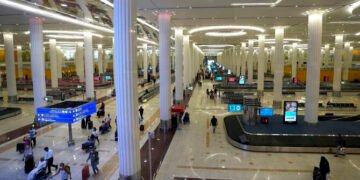BEIRUT (news agencies) — The 13-month war between Israel and Hezbollah has killed more than 3,000 people in Lebanon, the country’s Health Ministry said on Monday, more than double the number of people killed since their last major war two decades ago.
The war shows no signs of ending, and Israel has said it is carrying out new operations targeting Hezbollah infrastructure across Lebanon and in parts of Syria while Hezbollah continues to launch dozens of rockets into northern Israel.
Hezbollah began firing rockets into northern Israel the day after Hamas’ surprise attack into Israel on Oct. 7, 2023 ignited the war in Gaza. Hezbollah and Hamas are both allied with Iran.
For nearly a year, the conflict was mostly contained to the areas along the border between Israel and Lebanon. The conflict dramatically escalated on Sept. 23 with intense Israeli airstrikes on south and east Lebanon as well as Beirut’s southern suburbs, leaving hundreds dead and leading to the displacement of nearly 1.2 million people.
Israel began a ground invasion of south Lebanon on Oct. 1, causing wide destruction in border villages but making little advances on the ground inside Lebanon. Israel says it is destroying Hezbollah weapons and command centers near the border, including an extensive tunnel system built by Hezbollah.
The Lebanese Health Ministry said 16 people were killed and 90 injured in attacks on Sunday, bringing the death toll to 3,002. At least 13,492 have been injured. The ministry does not differentiate between civilians and Hezbollah fighters in its toll. Israel claimed hundreds of Hezbollah fighters have been killed.
In Israel, 72 people have been killed by Hezbollah attacks, including 30 soldiers, according to the prime minister’s office. More than 60,000 people have been displaced from their homes.
Also on Monday, Israel announced it terminated the agreement facilitating the work of the U.N. agency for Palestinian refugees, the main aid provider in Gaza.
It was the first step in implementing legislation passed last week that would sever ties with the agency, which Israel says has been infiltrated by Hamas, and prevent it from operating in Israel.
The agency, known as UNRWA, denies the allegations and says it takes measures to ensure its neutrality.
The Israeli Foreign Ministry said in a statement Monday that it has notified the U.N. of the cancellation of an agreement dating back to 1967 that facilitates UNRWA’s work. It said UNRWA “is part of the problem in the Gaza Strip and not part of the solution.”
Israel controls all entry into Gaza, and aid groups groups have warned that the legislation could severely hamper UNRWA’s work, creating further obstacles to addressing a severe humanitarian crisis in Gaza.
Israel says that UNRWA is responsible for only 13% of aid entering Gaza and it says other U.N. agencies and aid groups can fill the gap. But aid organizations say UNRWA is essential, and the agency says the Israeli figures do not account for the key role it plays in coordinating aid deliveries.
“Without UNRWA coordination, without UNRWA logistics platforms … no U.N. agency could operate at the scale required,” said Jonathan Fowler, a spokesman for the agency.
State Department spokesperson Matthew Miller said the US was clear about their opposition to the legislation, and gravely concerned about the insufficient number of aid trucks entering Gaza. “We have serious concerns about the implications of it being fully implemented, as well as our concerns about the underlying humanitarian situation in, Gaza, even before Israel passed the legislation,” he told reporters in Washington on Monday.
The agency provides education, health and other basic services to Palestinian refugees from the 1948 war surrounding Israel’s creation and their descendants, who now number nearly six million across the region. Refugee families make up the majority of Gaza’s population.
The remainder of the legislation is set to go into effect in three months.
—


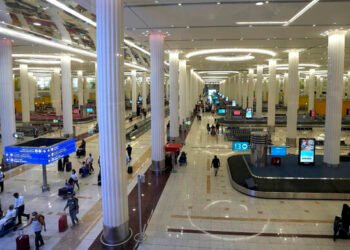
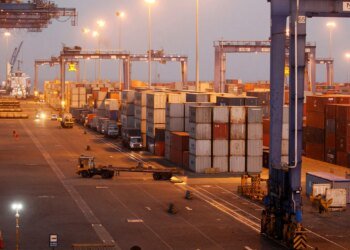

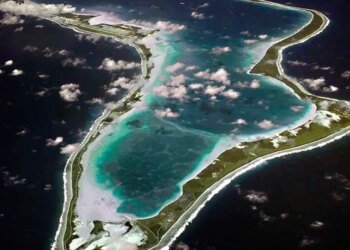
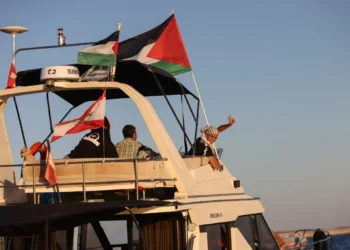

 United Arab Emirates Dirham Exchange Rate
United Arab Emirates Dirham Exchange Rate